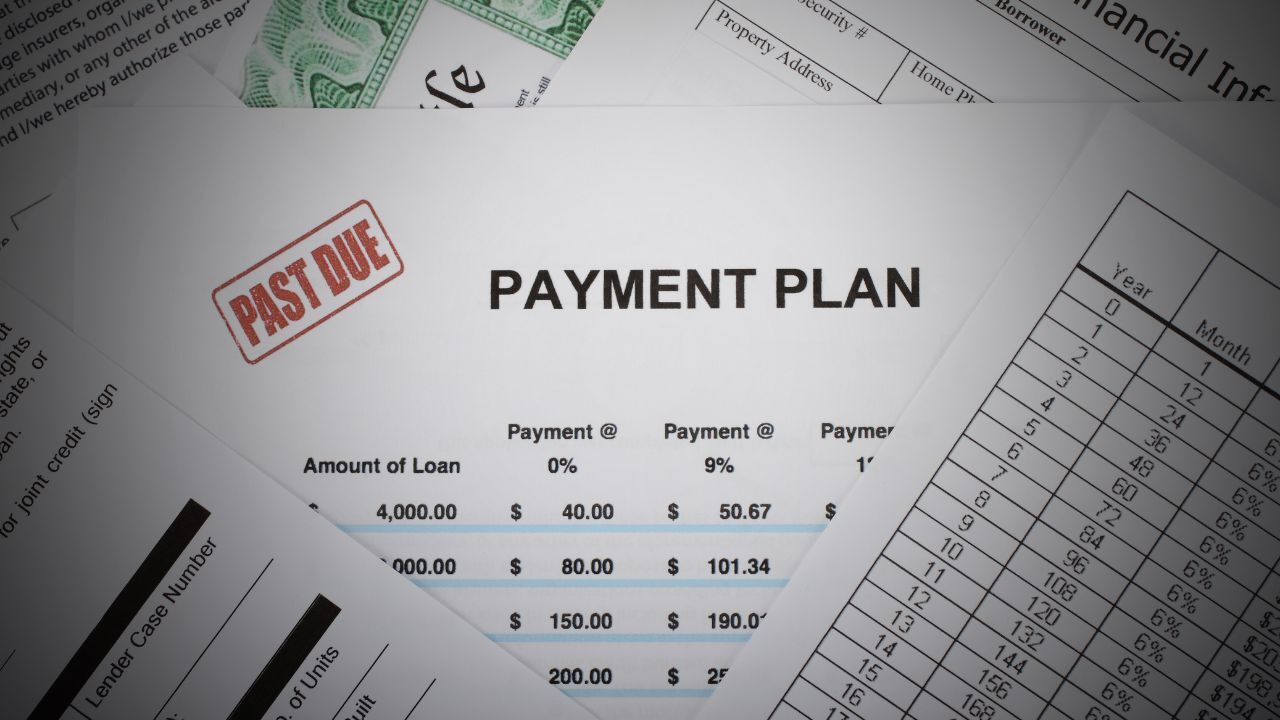What Every Homebuyer Needs to Know About Mortgage Origination Fees
 Buying a home is an exciting milestone, but it also comes with important financial details that can feel overwhelming. Along with your down payment and monthly mortgage payment, there are upfront costs that every buyer should understand before closing. One fee that often raises questions is the mortgage loan origination fee. Knowing what this fee covers and how it affects your overall loan costs can help you feel more confident throughout the mortgage process.
Buying a home is an exciting milestone, but it also comes with important financial details that can feel overwhelming. Along with your down payment and monthly mortgage payment, there are upfront costs that every buyer should understand before closing. One fee that often raises questions is the mortgage loan origination fee. Knowing what this fee covers and how it affects your overall loan costs can help you feel more confident throughout the mortgage process.
What Is a Mortgage Loan Origination Fee
A mortgage loan origination fee is an upfront charge from a lender for processing and underwriting your mortgage application. This fee helps compensate the lender for the work involved in evaluating your financial profile, verifying documentation, and preparing your loan for approval. Origination fees are one of the standard closing costs buyers may see listed on their loan estimate.
Why Do Origination Fees Exist
Origination fees exist because lenders invest time and resources into issuing a mortgage. From reviewing your credit history to confirming income, assets, and employment, the lender takes on operational costs and financial risk when providing a home loan. The fee helps cover those services and supports the overall lending process.
How Origination Fees Are Typically Calculated
Origination fees are usually calculated as a percentage of the total loan amount. Most lenders charge between 0.5% and 1.5%, depending on the loan program and borrower qualifications. For example, a $200,000 mortgage with a 1% origination fee would result in a $2,000 charge at closing. The exact amount can vary, so it is important to review your loan estimate carefully.
Tips for Managing Mortgage Origination Fees
Homebuyers can often reduce costs by comparing multiple lender offers. Different lenders may structure origination fees differently, even when interest rates appear similar. Shopping around helps ensure you find the most competitive option for your financial situation.
Negotiation may also be possible. While some fees are fixed, others may have flexibility depending on lender policies and market competition. Having quotes from other lenders can provide valuable leverage when discussing loan terms.
Some borrowers also choose to pay discount points, which are upfront costs used to lower the interest rate. While points are separate from origination fees, understanding the difference can help you decide whether paying more upfront could lead to savings over the life of the loan.
Understanding mortgage origination fees is an important step in becoming a well prepared homebuyer. By knowing what the fee covers, how it is calculated, and what options you have to manage it, you can make smarter decisions during the mortgage process. Taking time to compare lenders, ask questions, and review your loan documents carefully will help ensure a smooth and financially sound path to homeownership.
 Purchasing a home is one of life’s biggest milestones, but before you start touring properties, it is important to know whether you are financially prepared to qualify for a mortgage. Many buyers wonder if they are truly ready from a lender’s perspective or if they should spend more time strengthening their finances. Mortgage readiness is not about being perfect, it is about having the right financial foundation in place. When several key indicators align, you can move forward with greater confidence and clarity.
Purchasing a home is one of life’s biggest milestones, but before you start touring properties, it is important to know whether you are financially prepared to qualify for a mortgage. Many buyers wonder if they are truly ready from a lender’s perspective or if they should spend more time strengthening their finances. Mortgage readiness is not about being perfect, it is about having the right financial foundation in place. When several key indicators align, you can move forward with greater confidence and clarity. Missing a mortgage payment can feel scary, especially when you are working hard to manage your finances and stay on track. Life happens, and sometimes unexpected situations make it difficult to pay on time. The good news is that one missed payment does not mean you will lose your home. Understanding what happens behind the scenes, what lenders look for, and how quickly you should take action can help you stay calm, fix the issue, and protect your credit.
Missing a mortgage payment can feel scary, especially when you are working hard to manage your finances and stay on track. Life happens, and sometimes unexpected situations make it difficult to pay on time. The good news is that one missed payment does not mean you will lose your home. Understanding what happens behind the scenes, what lenders look for, and how quickly you should take action can help you stay calm, fix the issue, and protect your credit.